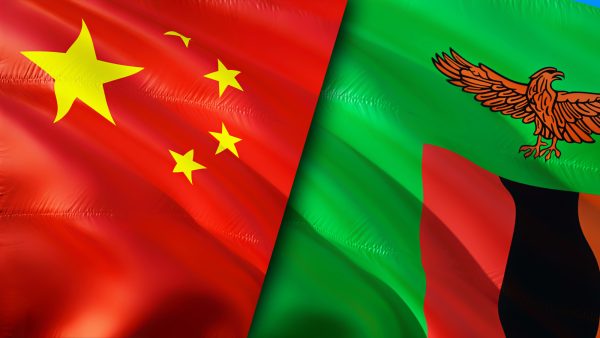Zambia has expressed its profound gratitude to China for coming on board to commit and join other creditors in the International Monetary Fund (IMF)’s debt restructuring process for the southern African state.
Speaking at a conference at the State House in Lusaka on Monday, April 25, 2022, Zambian President, Hakainde Hichilema, emphasized that it will be difficult for the government to record sustainable economic development with the current debt levels. He said that was the reason why Zambia decided to embark on the debt restructuring program which is targeted at restoring and reviving the country’s economy.
“Am proud to announce to the nation that we engaged China, we engaged other creditors to negotiate a debt resolution package. I engaged China myself as President, that’s my job which you gave me, working together with the Ministry of Finance, Foreign Affairs [and] we want to thank China for joining the common framework agreement to resolve the debt crisis.
“Last year, we reached the staff-level agreement with the IMF on the debt restructuring, you can’t build the economy with huge debt mountains, and we undertook a decision to dismantle this debt and create room to release resources towards debt servicing in the economy to create jobs and grow the economy”.
President Hakainde Hichilema
President Hichilema clarified that contrary to assertions by a section of the society that he was ignoring China in the IMF negotiation process, he personally engaged China, and was proud to announce that China is now part of the common framework committee.

The Head of State explained that within the eight months that the United Party for National Development (UPND) has been in office, Zambia is on course with the debt restructuring, adding that all the required components have already been put in place.

Hichilema further stated that it’s not a coincidence that the country has continued to record a reduced inflation rate and stable exchange rate but that, it is because of the measures that the government has continued to implement to bring stability to the country’s economy.
The UPND government has been on record, blaming its predecessor Patriotic Front (PF) under Edgar Lungu for plunging the country into economic hardships and incurring colossal debts.
Rising debt stock
According to the African Development Bank (AfDB), Zambia’s stock of public debt increased to an unsustainable 104% of GDP as of 30th September, 2020. Estimates from the IMF show that Zambia’s debt-to-GDP ratio rose from 140.2% in 2020 to 123.2% in 2021. The country’s debt is expected to decrease in the medium term because of improved coordination between fiscal and monetary policy, as espoused in the Economic Recovery Program.
In addition to the debt restructuring, Zambia must stop accumulating new external debt, increase domestic revenues, curb runaway public spending, and create a stronger institutional public financial management framework to attain debt sustainability.
The economy of Zambia fell into a deep recession due to the adverse impact of the COVID–19 pandemic. Real GDP contracted by an estimated 4.9% in 2020, after growing by 4.0% in 2018 and 1.9% in 2019. The output contraction was as a result of an unprecedented deterioration in all the key sectors of the economy. AfDB estimated growth at 1.0% in 2021 and 2.0% in 2022, underpinned by recovery in the mining, tourism, and manufacturing sectors.
READ ALSO: Ghana’s Public Debt To Continue Rising In the Next 5 Years





















